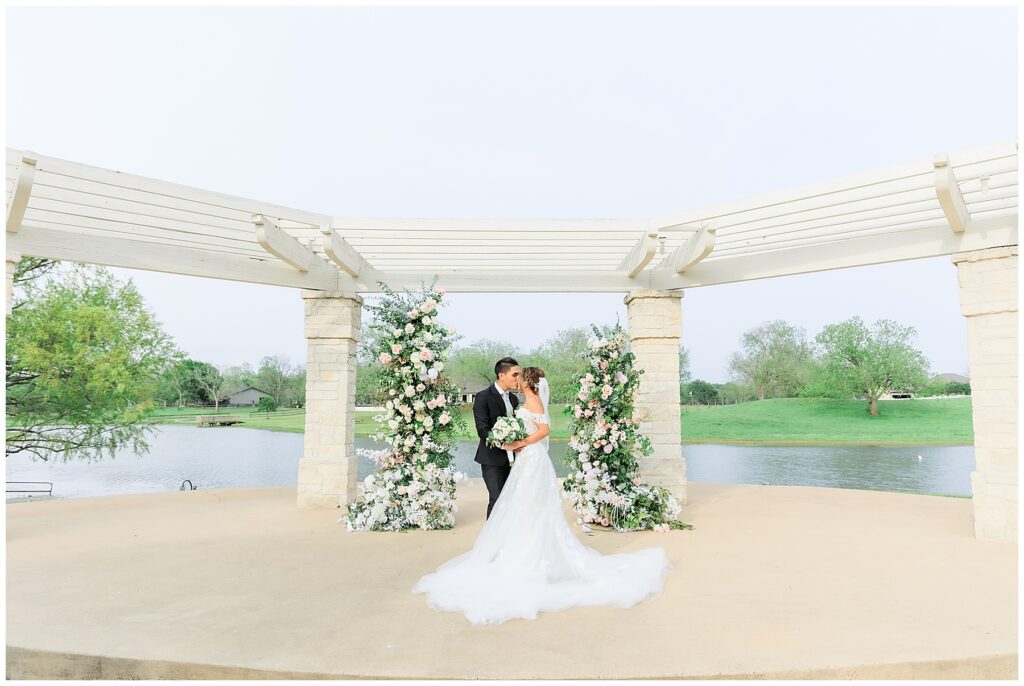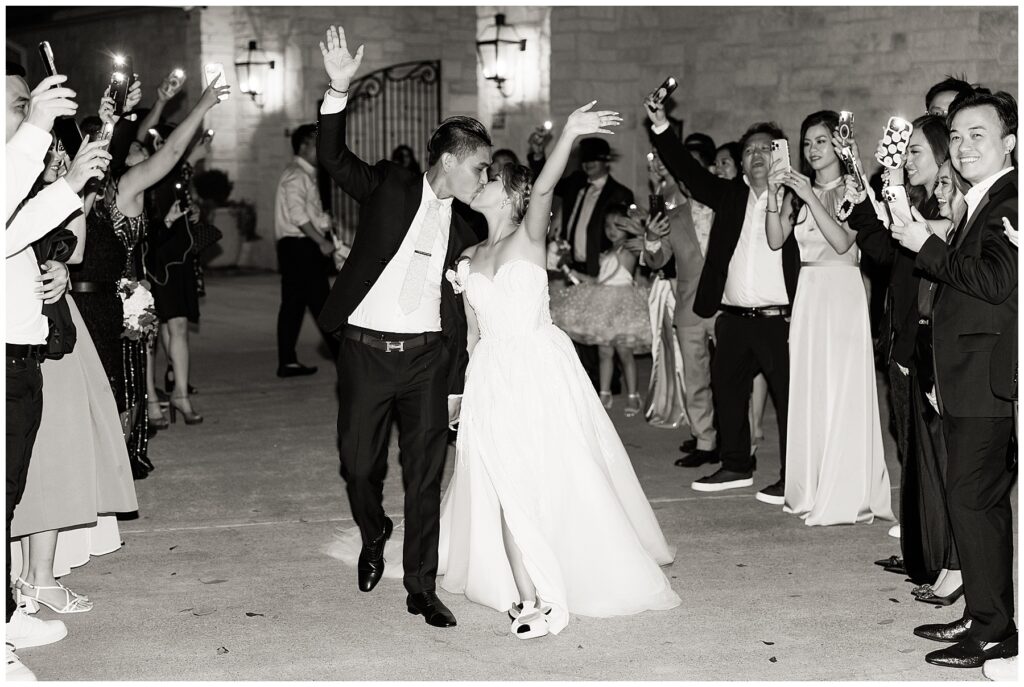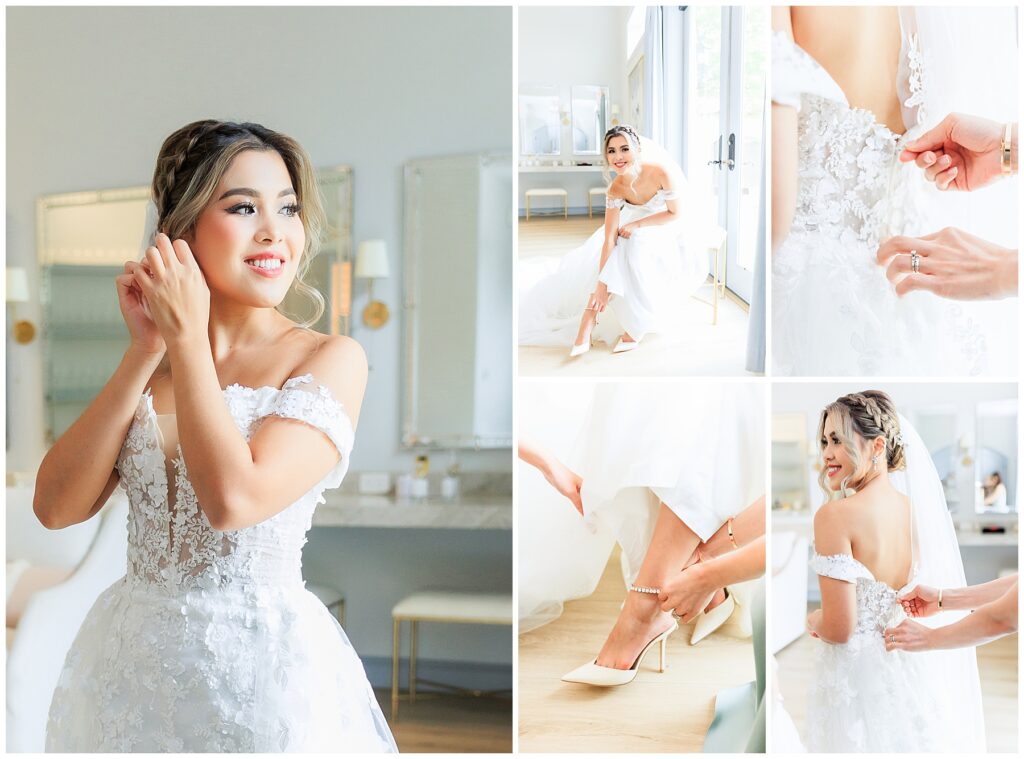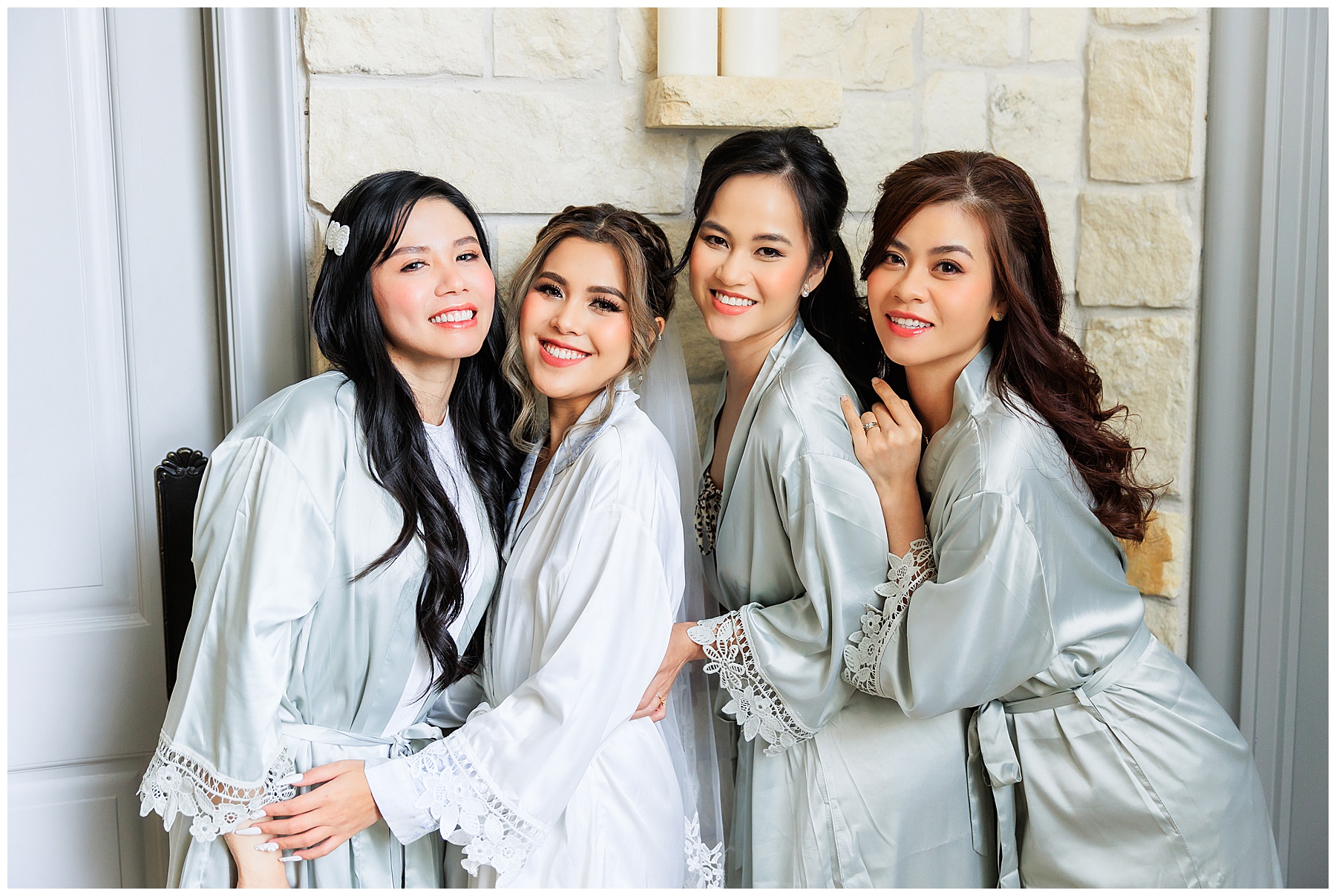
Being asked to be a bridesmaid is a special honor, signifying a close relationship with the bride. However, this role often comes with financial responsibilities. Knowing what costs to expect and what should be covered by the bride can help manage expectations and avoid potential conflicts. Here’s a guide to what bridesmaids should and shouldn’t pay for in a wedding.
Things Bridesmaids Should Pay For
- Her Bachelorette Party Costs
- Bridesmaids are typically responsible for organizing and funding the hen party (bachelorette party). This includes splitting the cost of activities, food, drinks, and any decorations or games planned for the event.
- Why: The hen party is a gift to the bride, celebrating her upcoming nuptials. It is customary for bridesmaids to share these expenses as a group.
- Shoes
- Bridesmaids are usually expected to pay for their own shoes. These shoes are often chosen to match the bridesmaid dresses and align with the wedding’s color scheme and formality.
- Why: While the bride may dictate the style or color, the cost of the shoes is considered a personal expense since they can be worn again for other occasions.
- Accessories
- Accessories such as jewelry, hairpieces, and clutches are typically the responsibility of the bridesmaids. These items add to the overall look but are personal enough to be considered a personal expense.
- Why: Accessories often reflect individual style, and bridesmaids can choose pieces within their budget that complement their dresses and the wedding theme.

Things Bridesmaids Shouldn’t Pay For
- Bridesmaid Dresses (Traditionally)
- While this can vary, traditionally, the bride or the bride’s family covers the cost of bridesmaid dresses. This includes the purchase or rental of the dresses that the bride has chosen for her attendants.
- Why: Since the bride selects the dresses to match her vision for the wedding, it is considered courteous for her to absorb this cost. However, in modern times, it’s not uncommon for bridesmaids to pay for their own dresses, so this should be discussed early on.
- Unexpected Costs (Travel, etc.)
- Travel expenses, accommodation, and other unexpected costs like alterations or special makeup and hair appointments should not be the burden of the bridesmaids unless previously agreed upon.
- Why: These costs can add up quickly and might be a financial strain. It’s considerate for the bride to either cover these expenses or provide sufficient notice and discussion about who will be responsible for them.

Additional Considerations
- Communication is Key: Clear communication between the bride and her bridesmaids is essential. Discussing expectations and responsibilities upfront can prevent misunderstandings and financial stress.
- Budget-Friendly Options: Brides should be mindful of their bridesmaids’ budgets and try to select dresses, shoes, and accessories that are affordable. Considering rental options or suggesting versatile items that can be worn again can help.
- Team Effort: Planning events like the hen party should be a collaborative effort among the bridesmaids, ensuring that costs are shared fairly and everyone is comfortable with the expenses.
Being a bridesmaid is a wonderful experience, but it does come with its share of financial commitments. Understanding what costs are typically covered by bridesmaids and what should be the responsibility of the bride can help maintain harmony and ensure everyone enjoys the wedding festivities.
6/12/24
